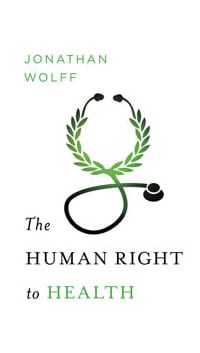UCL-Lancet Commission: Shaping Cities for Health
By news editor, on 6 June 2012

![]() Jessica Lowrie, UCL Communications & Marketing intern.
Jessica Lowrie, UCL Communications & Marketing intern.
By 2030, globally, three in five people will live in cities. Despite the perception that city living provides an ‘urban advantage’ over those who live in rural areas, those who live in poor urban areas can often have worse health outcomes than wealthier city residents, but also in comparison to rural dwellers.
Urban and economic growth will not automatically create an ‘urban advantage’ – public policy is needed to maintain and improve conditions to allow for such an advantage to exist.
Healthy cities
This concept was the foundation for an event held by the UCL-Lancet Commission on 30 May to launch their high-profile report on Healthy Cities, published on the same day.
The report was the second from the UCL-Lancet Commission, recognising the valued commitment from both organisations to UCL’s Grand Challenges (Global Health, Sustainable Cities, Intercultural Interaction and Human Wellbeing).
The well-organised and insightful event began with introductions from Professor David Price (UCL Vice-Provost – Research) and Professor Richard Horton (Editor, the Lancet).
Professor Yvonne Rydin (UCL Bartlett School of Planning), lead author of the report, then embarked on a comprehensive overview of the report and its main findings.
Professor Rydin explained that the report aimed “to understand how better health outcomes can be delivered through interventions in urban environments in cities across the world”.
Certain components of a healthy city seem obvious: good water and sanitation infrastructures, clean air, uncontaminated land, safe homes, opportunities for safe and active mobility and effective green infrastructure.
 Close
Close




